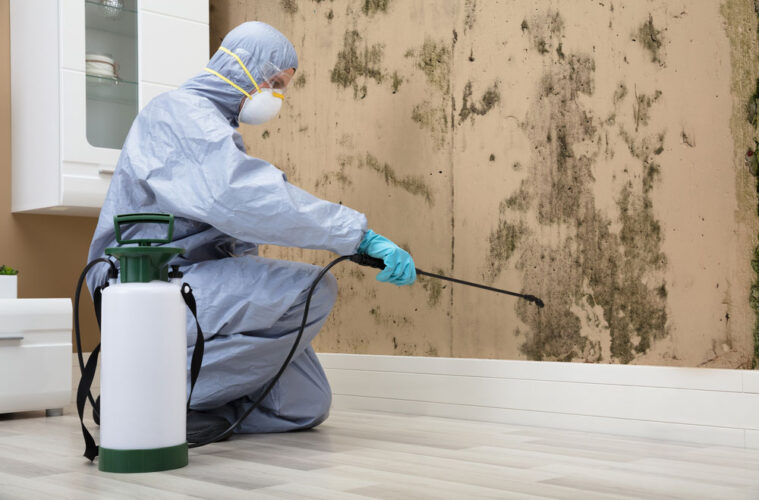Introduction
Mold, a common issue in many households, often goes unnoticed until it becomes a significant problem. While it might seem like a nuisance, the presence of mold can have serious implications for both the structural integrity of a home and the health of its inhabitants. This article delves into why mold damage should be promptly addressed and how to prevent future occurrences.
The Risks of Mold Damage
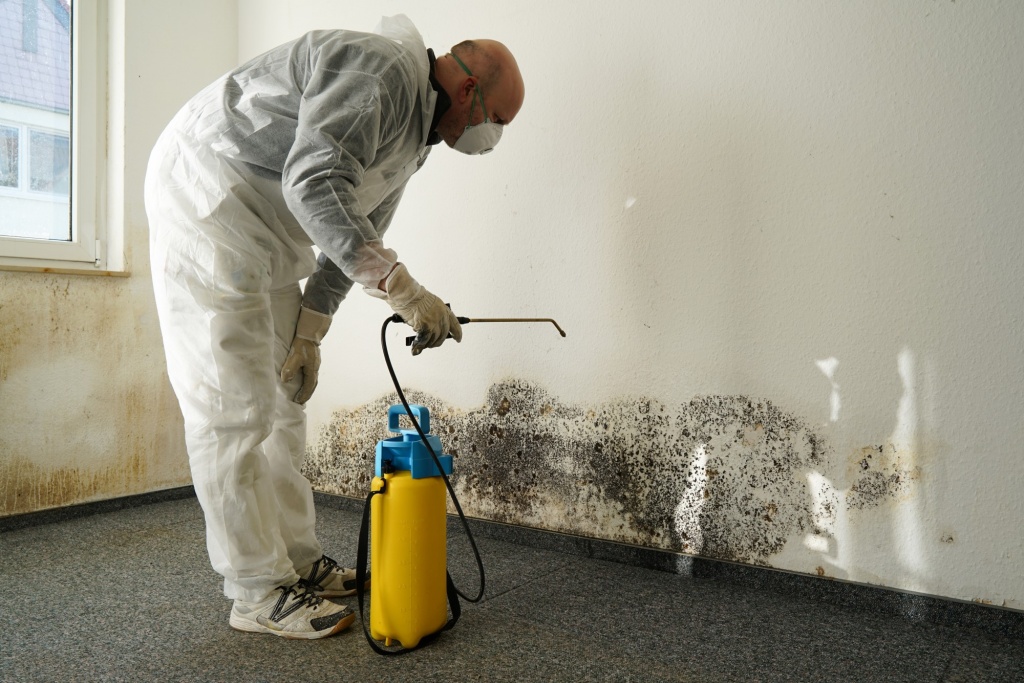
source: pinterest.com
Mold thrives in damp and poorly ventilated areas, making basements, bathrooms, and kitchens its favorite breeding grounds. When left unchecked, mold can cause extensive property damage. It feeds on organic materials like wood and drywall, leading to structural weakening. However, the concern goes beyond property damage. Mold exposure can lead to health issues, particularly in individuals with allergies, asthma, or compromised immune systems. Symptoms can include respiratory problems, skin irritation, allergic reactions. watery eyes, runny nose, sneezing, itching, coughing, wheezing, difficulty breathing, headache, and fatigue. So it kind of a big deal to take care of it when you find it.
The Importance of Timely Mold Remediation
Addressing mold damage as soon as it’s detected is crucial. The longer mold is allowed to grow, the more challenging and expensive the remediation process becomes. Professional mold removal services can effectively identify the mold type, locate all areas of growth, and eliminate it using specialized equipment and techniques. This process not only removes the existing mold but also helps in identifying the underlying causes, such as leaks or high humidity levels.
Preventive Measures for the Future
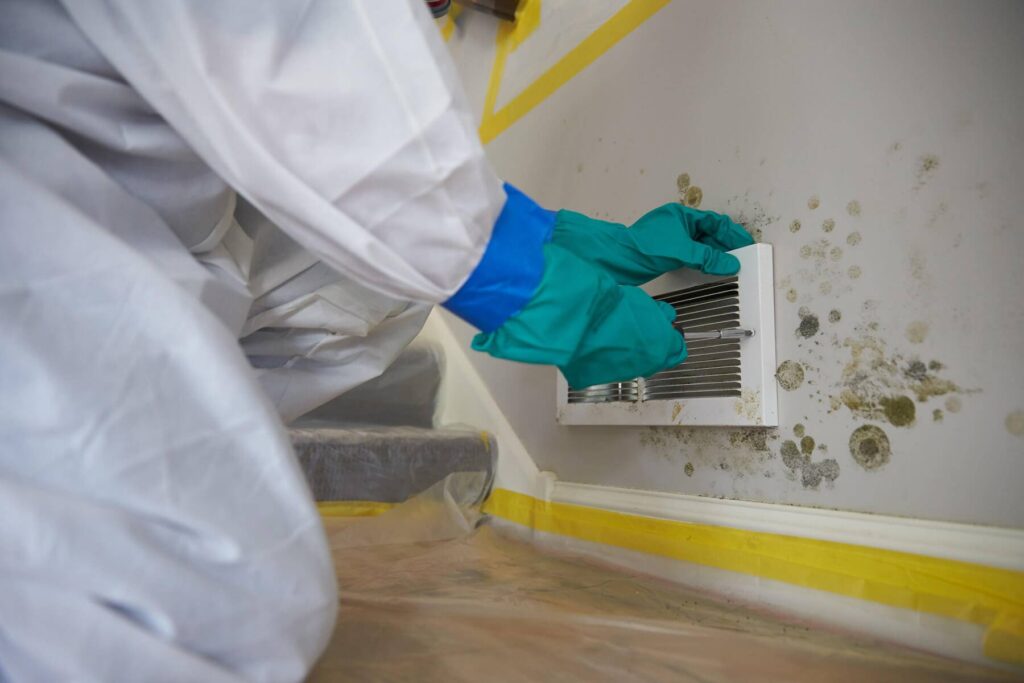
source: pinterest.com
Preventing mold growth is key to avoiding repeated issues. Here are some effective strategies:
- Maintain Low Humidity Levels: Use dehumidifiers and ensure proper ventilation in high-moisture areas.
- Promptly Repair Leaks: Addressing leaks in roofs, walls, and plumbing systems as soon as they are detected plays a critical role in reducing moisture accumulation in the home, which is a primary catalyst for mold growth. Leaks, even minor ones, can lead to significant moisture buildup over time, creating an ideal environment for mold to thrive. Regular inspections of these areas can help in early detection, and it’s important to act quickly once a leak is identified. The sooner your find the less expensive it will be long term.
- Regular Cleaning: Routine cleaning, especially in bathrooms and kitchens, helps in early detection and removal of mold spores. Check behind the fridge and freezer. This is a common place that people tend to overlook. You can either do it yourself or have a professional come and clean it for you.
- Proper Insulation: Insulating pipes and walls can prevent condensation, a common cause of mold growth. When you are installing make sure your doing the whole process right. Tighten everything!!
Hiring a Professional for Mold Remediation
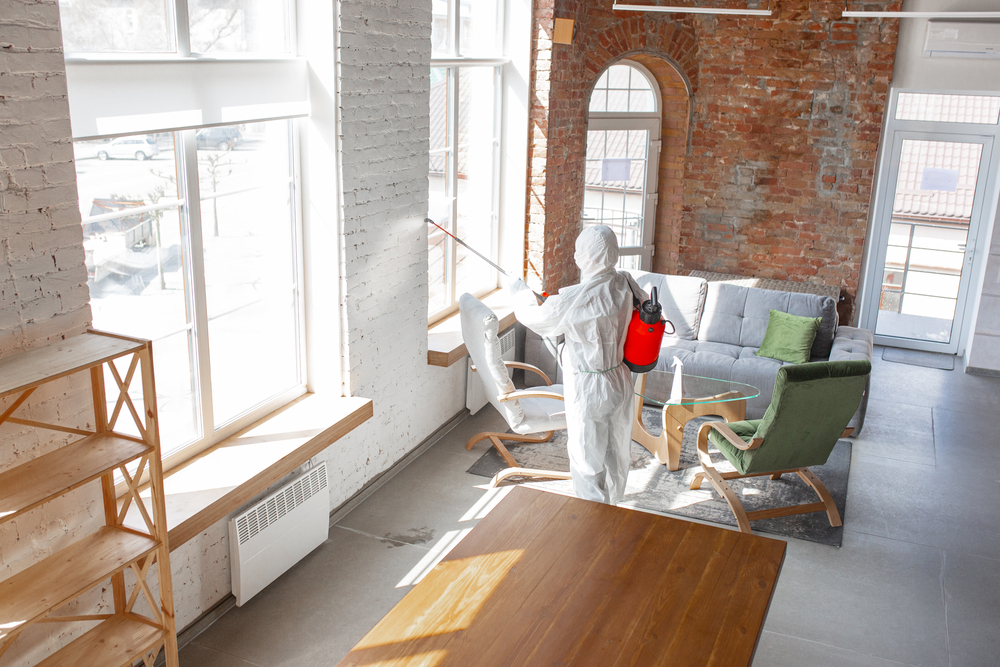
source: pinterest.com
When dealing with mold, it’s often wise to enlist the services of a professional. Mold remediation service experts are equipped with the necessary tools and knowledge to not only remove existing mold safely but also to identify and address the root cause of the problem. They can conduct thorough assessments, use specialized equipment to detect hidden mold, and implement effective cleanup protocols. By hiring a professional, you ensure that the remediation process is comprehensive, reducing the likelihood of mold recurrence. This investment not only safeguards your property but also protects the health of everyone within the household.
Legal and Insurance Considerations:
Navigating the legal and insurance implications of mold damage is crucial for homeowners and landlords. Homeowner’s insurance policies vary widely in mold damage coverage, often depending on the source of moisture that led to the mold. It’s imperative to review your policy and understand the extent of coverage. Prompt reporting of mold damage to your insurer can be key in ensuring coverage. For landlords, legal obligations to provide a mold-free environment are paramount. Failure to address mold issues can lead to legal actions from tenants, especially if their health is adversely affected. Keeping documented records of mold remediation efforts can be invaluable in these scenarios, providing proof of due diligence in maintaining a safe living environment.
Conclusion
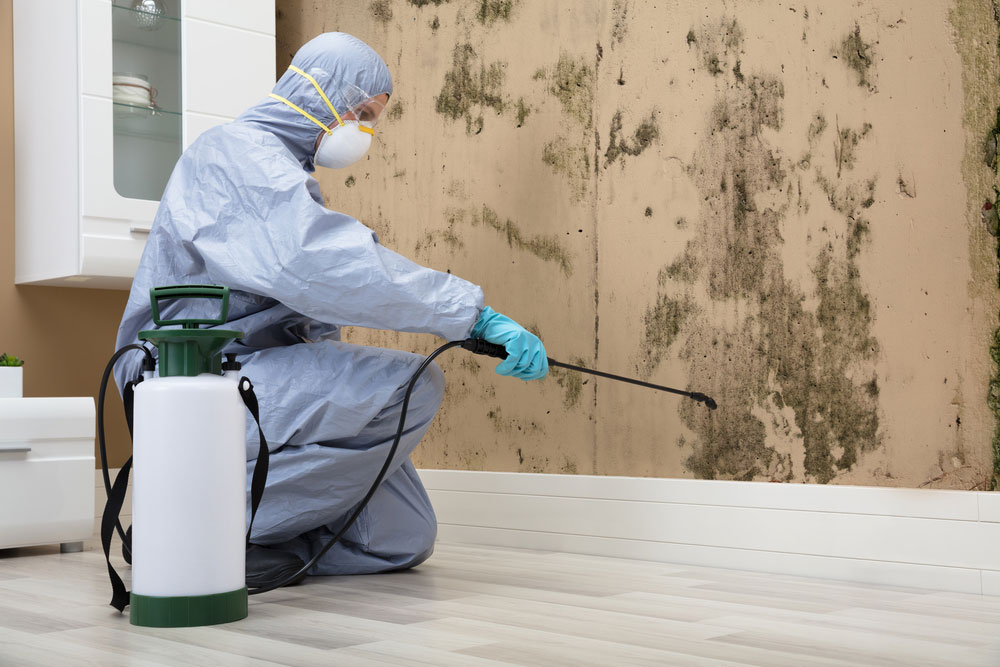
source: pinterest.com
In summary, mold damage is a serious concern that requires immediate attention. Not only does it affect the physical structure of a home, but it also poses health risks. By taking proactive measures and addressing any occurrences promptly, homeowners can maintain a safe and healthy living environment. Remember, the key to mold control is moisture control. Regular maintenance and vigilance are your best defenses against this persistent and potentially harmful problem.

